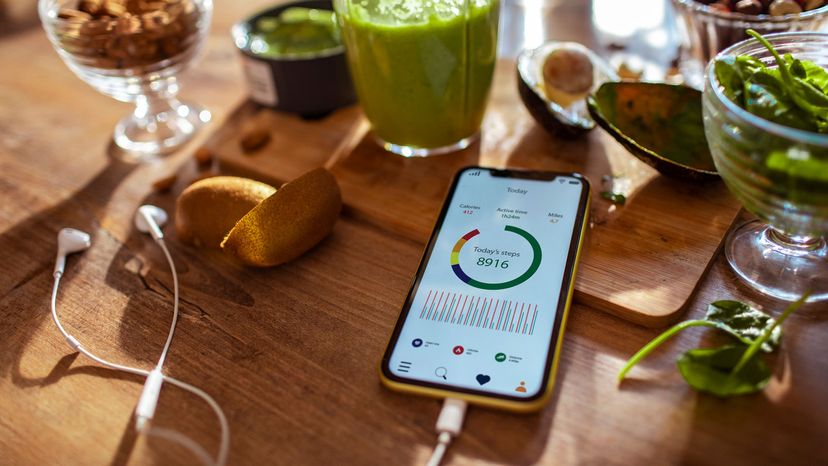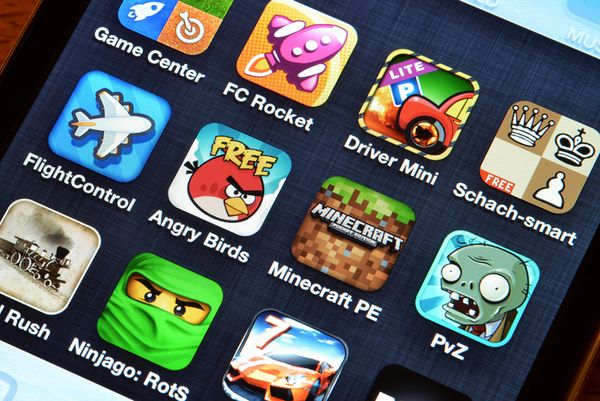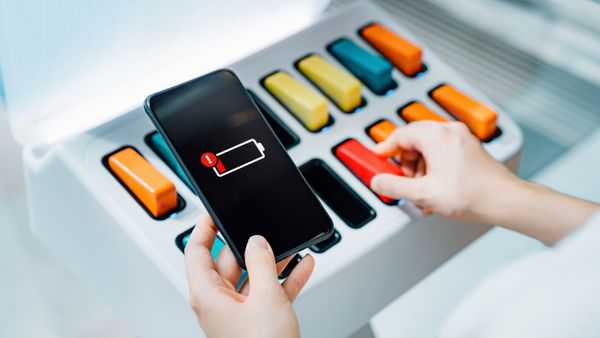
Work, school, family, meetings, appointments, assignments — whatever is going on in your life is probably enough to keep you busy into the next millennium. And you have that amazing smartphone in your pocket — the one that connects to the internet and takes pictures — with a calendar app to keep you on schedule. Not that you've ever used it.
There are thousands upon thousands of apps out there, some (like that calendar) that claim to actually help us organize our lives, but finding the ones that work is itself another chore to be added to an already long to-do list.
Advertisement
Not to worry. Here are eight great apps that get you on the way to start organizing your life. They'll help you remember things — like to-do lists and passwords — and keep things from getting lost, like documents, ideas and your precious time. That way you have time for more important things — like playing more Candy Crush. Bonus: All of these apps are free, although they may charge for a premium version with more features.

